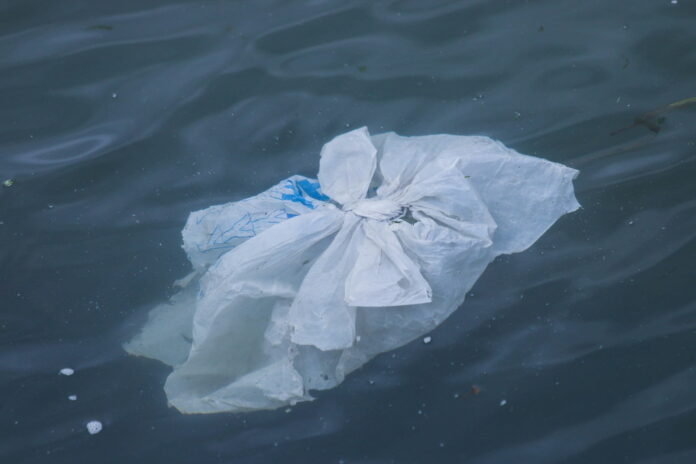The ubiquity of plastic bag usage has been a focal point of environmental concern due to their detrimental impact on ecosystems and their contribution to the global issue of plastic pollution. As a response, various jurisdictions across the globe have implemented policies aimed at reducing the proliferation of single-use plastic bags. These initiatives, ranging from complete bans to levies and taxes, are designed to encourage consumers to shift towards more sustainable alternatives.
Global Plastic Bag Policies
Around the world, plastic bag policies vary widely in terms of their strictness and scope. Some countries have implemented outright bans on single-use plastic bags, while others have opted for measures such as taxes or fees to discourage their use. For example, in 2002, Bangladesh became one of the first countries to ban thin plastic bags after they were found to have played a significant role in clogging drainage systems during devastating floods. On the other hand, countries like Ireland introduced a plastic bag tax in 2002, which led to a 90% reduction in plastic bag usage. The European Union has also taken steps to reduce plastic bag use, with a directive requiring member states to adopt measures to cut down on single-use plastic bags, leading to a variety of approaches across the continent.
The effectiveness of these policies can depend on several factors, including the level of enforcement, cultural attitudes towards consumption, and the availability of alternatives. In some cases, bans may lead to the increased use of alternative products that may not necessarily be more environmentally friendly, such as paper bags or thicker plastic bags that are classified as reusable. It is also notable that the success of any policy can be influenced by public education campaigns and the degree of public support. Therefore, while the implementation of plastic bag policies is widespread, the outcomes are not uniform and depend largely on how they are executed and received by the public.
Measuring Ban Outcomes
Measuring the outcomes of plastic bag bans presents a complex challenge due to the multifaceted nature of environmental and consumer behavior metrics. One straightforward measure is the reduction in single-use plastic bag consumption. Several jurisdictions have reported drastic decreases in usage following the introduction of bans or taxes, translating to millions, if not billions, of bags removed from circulation annually. For instance, Australia saw an 80% decrease in the consumption of plastic bags within three months of two major supermarkets banning them in 2018.
However, evaluating the true success of these bans requires looking beyond the immediate reduction in plastic bag usage. It’s important to consider the environmental lifecycle of alternative products, such as paper or biodegradable bags, which also have their own environmental costs. Assessing the impact on litter rates and marine pollution is crucial, as these are among the most visible and damaging effects of plastic bag proliferation. Only through comprehensive analysis involving waste management, consumer behavior, and alternative product lifecycle assessments can the true outcomes of these bans be accurately measured.
Environmental Impact Analysis
The environmental impact of banning single-use plastic bags can be significant, but it must be considered within the broader context of waste management and consumer habits. Following the implementation of bans, many regions have observed a reduction in plastic bags found in litter and within waterways, which directly benefits wildlife and ecosystems. In areas with effective waste management systems, the reduction in plastic bags can ease the burden on landfills and waste processing facilities.
However, if not managed properly, the substitution of plastic bags with other materials can lead to different environmental issues. For instance, the production and disposal of paper bags have a higher carbon footprint and can contribute to deforestation if sourced unsustainably. Similarly, the production of cotton tote bags requires significant water resources and can result in high levels of pesticide use. As such, the environmental benefits of plastic bag bans are maximized when accompanied by a holistic approach to waste reduction, emphasizing reuse and recycling, and when consumers adopt long-term sustainable habits.
Lessons From Worldwide Bans
The experience of implementing plastic bag bans worldwide has provided valuable lessons for policymakers and environmental advocates. First, the importance of public education and involvement in the process has become evident. Successful bans are often preceded by campaigns that raise awareness of the environmental issues caused by plastic bags and that promote the adoption of reusable alternatives. This helps to ensure a smoother transition and greater compliance from consumers.
Additionally, the need for comprehensive strategies that address the full lifecycle of all bag types is clear. Bans on single-use plastic bags should be part of a larger environmental policy that encourages reduction, reuse, and recycling across all types of consumer packaging and products. Finally, monitoring and enforcement are key to the success of any ban. Without proper enforcement mechanisms, the risk of non-compliance increases, undermining the potential environmental benefits of the ban.
In conclusion, the global movement to ban single-use plastic bags has yielded significant environmental benefits, including reductions in plastic waste and litter. Nevertheless, the effectiveness of these bans is highly dependent on their design, enforcement, and the participation of the public. As the world continues to grapple with the challenges of plastic pollution, the lessons learned from existing bans offer guidance for future efforts to reduce the environmental impact of plastic products. By emphasizing education, comprehensive waste reduction strategies, and strong enforcement, policymakers can enhance the positive outcomes of plastic bag bans, leading to healthier ecosystems and a more sustainable future.
